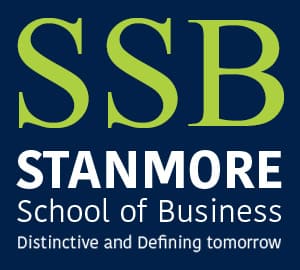Course details
Loading...
Generating course details...
• • Strategic Planning and Execution: This unit helps retail managers develop a comprehensive plan to achieve business objectives, including setting goals, allocating resources, and monitoring progress. It emphasizes the importance of effective communication, leadership, and decision-making skills in a retail setting.
• • Marketing and Merchandising: In this unit, students learn how to create and implement marketing strategies that drive sales, build customer loyalty, and stay competitive in the market. They also explore the principles of merchandising, including product selection, pricing, and visual merchandising.
• • Financial Management and Control: This unit focuses on the financial aspects of retail management, including budgeting, forecasting, and financial analysis. Students learn how to manage cash flow, control costs, and make informed decisions about investments and resource allocation.
• • Human Resource Management: In this unit, students develop the skills and knowledge needed to manage and motivate a diverse team of employees, including recruitment, training, and performance management. They also learn about labor laws, employee relations, and conflict resolution.
• • Supply Chain Management: This unit explores the complexities of supply chain management, including procurement, logistics, and distribution. Students learn how to optimize supply chain operations, manage inventory, and ensure timely delivery of products to customers.
• • Customer Service and Relationship Management: In this unit, students learn how to deliver exceptional customer service, build customer loyalty, and create a positive shopping experience. They also explore the principles of relationship marketing and customer retention.
• • Retail Operations and Management: This unit covers the day-to-day operations of a retail business, including store layout, visual merchandising, and inventory management. Students learn how to manage store operations, control costs, and maintain a high level of customer service.
• • Digital Marketing and E-commerce: In this unit, students learn how to leverage digital marketing channels, including social media, email marketing, and search engine optimization, to reach customers and drive sales. They also explore the principles of e-commerce, including online store management and digital payment systems.
• • Business Analytics and Data-Driven Decision Making: This unit focuses on the use of data and analytics to inform business decisions, including data collection, analysis, and interpretation. Students learn how to use data to drive business growth, improve customer satisfaction, and optimize operations.
• • Leadership and Change Management: In this unit, students develop the skills and knowledge needed to lead and manage change in a retail organization, including communication, motivation, and conflict resolution. They also learn about leadership styles, organizational behavior, and change management strategies.

